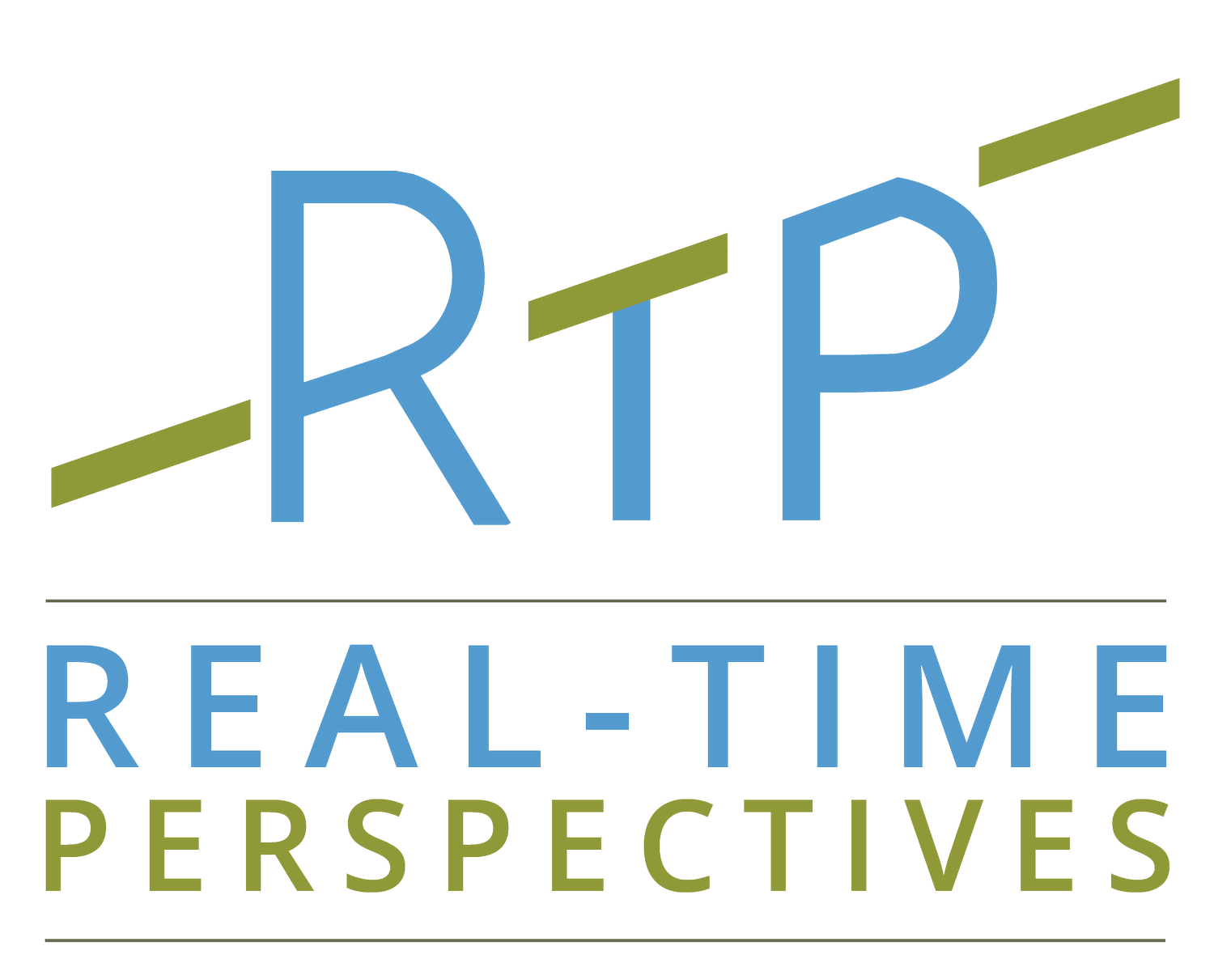Be Tenacious About Speaking Up: Pushing Through Anxiety at Work
We’ve all been there at one point or another. Maybe you’re in a team meeting and you have something you’d love to say. You want to contribute. But something inside you stops you. Anxiety kicks in and your brain starts to tell you stories like, “I don’t want to sound stupid’ or “what if I am judged?” or “will my input upset my manager or colleagues?”
Growing up, what were you told about standing out? Were you given the message by your parents, teachers, and community that you could be whatever you wanted, or did you internalize concepts such as, “People won’t like you if you try to stand out?” If you find yourself easily devastated by real or imagined negative feedback when you express your ideas, consider that you may be reverting back to an earlier identity when your self-esteem was more contingent on other people’s (especially that of authority figures’) opinions.
Being easygoing and likable at work can get you a long way in business, but if you really want to be taken seriously on the leadership track, it’s not enough just to be liked. You’ll also need to be respected. The truth is, if you can push through the anxiety and speak up, you’ll gain admiration by decisively and diplomatically standing up for yourself and being a regular contributor.
In the course of an ordinary day at the office, you’ll have opportunities to speak up and shape how others perceive you. Here are some tips on pushing through:
Commit to Speaking Up Early
Have you ever come to a meeting with ideas and plan for what you want to say, then left realizing you said nothing the entire time? While you’re not alone, staying quiet is doing yourself a disservice. It typically gets more difficult to enter the conversation as a meeting progresses. The longer you wait, the more your anxiety will build. Growth often comes from discomfort so push yourself to speak up early. Set a simple strategy to say something in the first 10 to 15 minutes of the session–whether it’s to welcome attendees, present your main argument, ask a question, or offer an opinion on a new business proposal. It’s a surefire way to ensure you contribute.
Use Your Strengths When Speaking Up
You don’t have to be the loudest in the room. Even the soft-spoken can still make an impact by backing up a coworker’s comment with a simple, “Great idea! I can see that working really well.” You can also focus on asking powerful questions. Especially if you consider yourself an introvert, you’re likely very observant, which gives you an edge when it comes to posing the kind of thought-provoking questions that haven’t crossed your colleagues’ minds quite yet.
Challenge Your Beliefs About Contributing
Subconscious insecurities from childhood can seep into our behavior to this day when it comes to speaking up. So how do you overcome old, outdated scripts holding you back from feeling confident? When you have a point to make, yet find undermining thoughts creeping in, thank your inner-critic for trying to do its job by keeping you protected. Anxiety or fear can signal you’re saying something of significance. I encourage you to seize the moment. Remember, you’re part of your organization because you’re qualified, you’re effective, and you matter.
